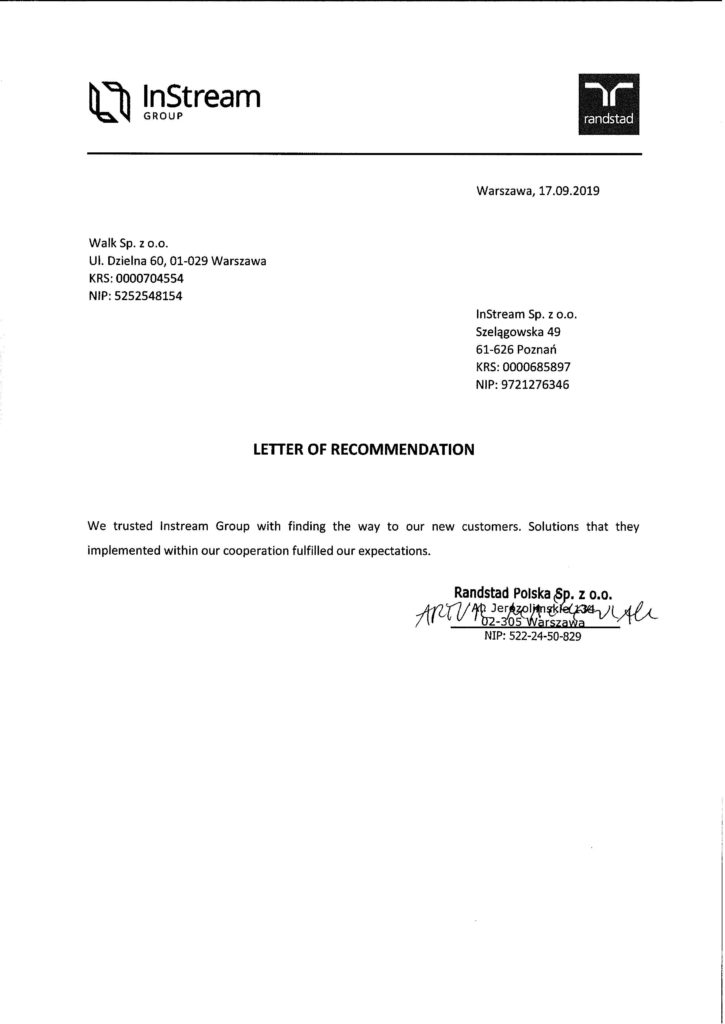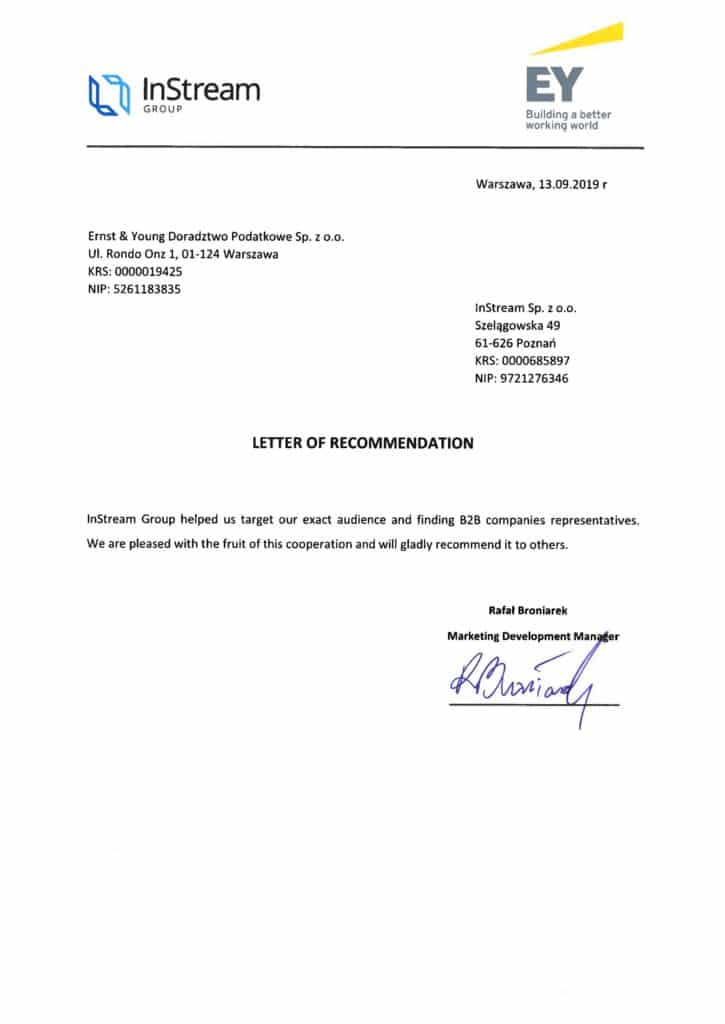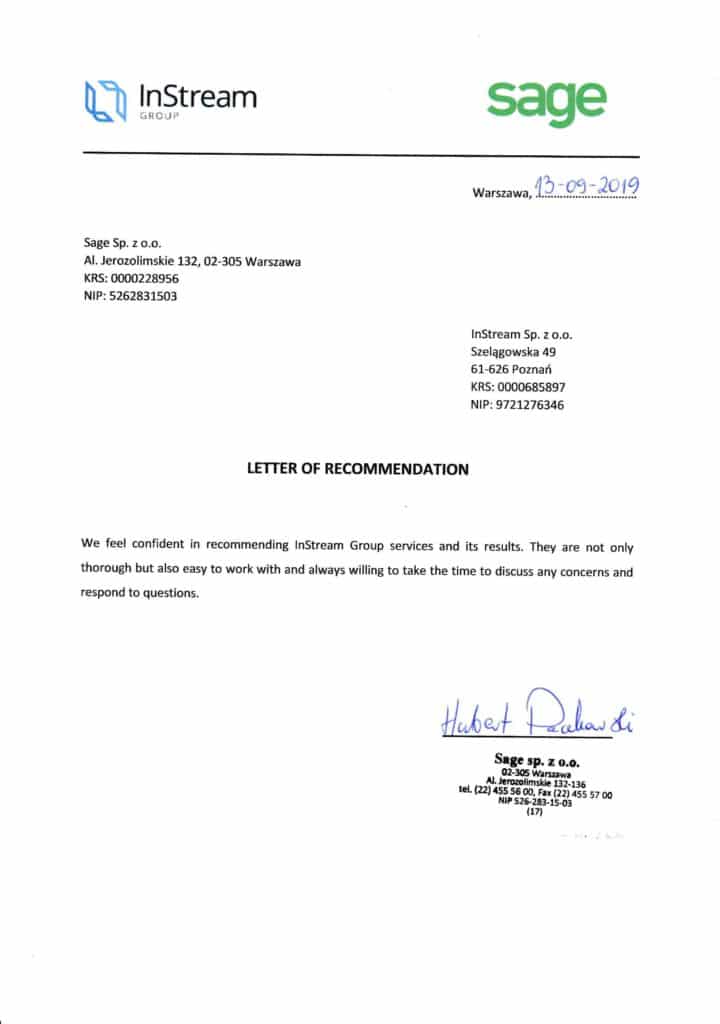In the earlier articles we mentioned processes and how the design of the organizational structures and sales processes affect team performance and sales results. CRM system is an important element of this intricate relationship. If well designed, it will allow for easy and effective process management.
There are many CRM systems on the market. There are hundreds of thousands of proprietary solutions developed for specific companies. Unfortunately, there is no such thing as a universal CRM system. In the last 10 years of my career in sales I have not yet come across a solution that would suit every business.
Below you will find a list of different CRM systems divided by their types and basic functions. It is worth noting here that the CRM system itself is useless if it is not properly configured. This again requires developing sales processes and implementing them in the company.
CRM systems for the manufacturing industry
This type of CRM systems is completely different from those used by service companies. CRM in the manufacturing sector is most often a component of the Enterprise resource planning (ERP), a business process management software
It is a convenient solution because the system enables to manage warehouse, commerce and production in an integrated way. In manufacturing companies, CRM is less of a system for communication with customers than it is a file of contractors with exhaustive information about orders and customers.
Well designed CRM systems incorporated into ERP include
- Microsoft Dynamics CRM
- SAP CRM
- Sage
- StreamSoft
- IFS
- Comarch
The above mentioned companies constitute a list of TOP global ERP manufacturers, and their solutions are fully configurable. The integrated CRM system is tightly connected with trade (Invoicing, Orders, Sales) and warehouse (materials received notes, stock issue confirmations, inventory).
The disadvantage of these solutions is quite limited functionality of CRM itself and the lack of modern solutions offered by SaaS products.
CRM systems for small and medium-sized companies
It is the most dense market in terms of number of producers. Our InStream CRM system is also in this group. Small and medium-sized companies tend to focus on SaaS: ready-made solutions that can be configured to meet their needs without programming. Software as a service can be used directly in the browser, no need for a desktop computer. These solutions are very modern, manufacturers put a lot of emphasis on new technologies, advanced functions and ease of use.
SaaS systems can of course be divided into subcategories, but this will be discussed later.
The best known solutions on the market are:
- PipeDrive
- HubSpot
- Zoho
- Bitrix
- io
- InStream CRM
- ProsperWorks
- Strike
The advantage of these solutions is undoubtedly the ease of configuration, online technical support, mobile applications and the focus on monitoring communication within the sales process. However, these solutions do not focus on the sales like the systems included in ERP. Often they do not offer invoicing or issuing orders, but concentrate only on the relationship within the process. The aforementioned elements are then carried out in separate CRM-related systems and subsequently integrated.
Enterprise-class CRM
These solutions are dedicated to large companies whose needs go far beyond the basic management of a small sales team. Enterprise-class CRM are characterized by the fact that they work both with SaaS and On-Premises that are installed on the client server. What is more, these systems can be fully adapted to the needs of the corporation. However, very often it requires many months of implementation work.
The best known and used Enterprise software programs in global corporations include:
- Sales Force
- Microsoft Dynamics CRM
- SugarCRM
- Netsuite CRM (Oracle)
- SAP Business One
- ACT!
When deciding on such a solution, the need for implementation should be taken into account. This obviously entails costs. However, such a solution is used in global organizations with really big needs for internal processes configuration.
Dedicated Systems
Another group are dedicated systems. These are CRM solutions that are developed for specific industries. These solutions are less flexible, but they provide support for specific businesses, which again makes them very practical functionalities, rarely found in universal solutions.
Some interesting examples:
- Salesbook—supporting remote sales processes (sales, automotive, pharmacy, insurance).
- BergCRM—system dedicated to insurance agencies.
- Edrone—CRM system supporting E-commerce processes.
When deciding on specific CRM solutions, you must first define the needs of the company. Unfortunately, a bad choice brings with it a lot of frustration, additional costs and dissatisfaction of the sales department, which leads to a perverse effect.

What features should be included in a good CRM system?
The CRM system must:
- Have a sufficiently flexible customer portfolio that allows for the collection of key information and the appropriate administration of contact details
- Facilitate and automatize communication with the customer.
- Support salesman’s work with the sales process.
- Enable visualization of sales funnel.
- Enable tracking of sales activity.
- Enable measurement of results and KPIs.
- Enable sales management.
Good methods of verification of CRM systems are ranking platforms such as Capterra, SoftwareAdvice or G2Crowd. They allow for a comparison of different CRM systems and evaluate their functionality.
If you feel like you need professional advice, please contact our InStream CRM team.



